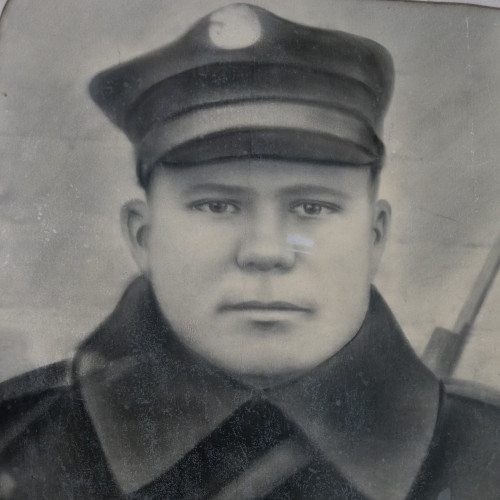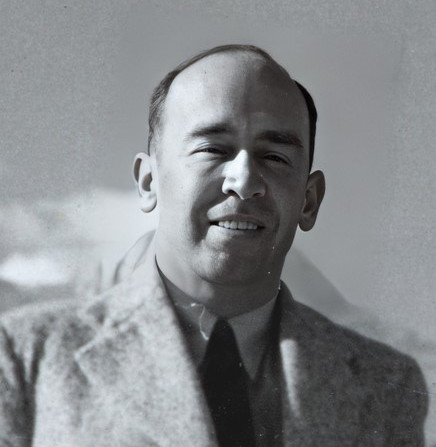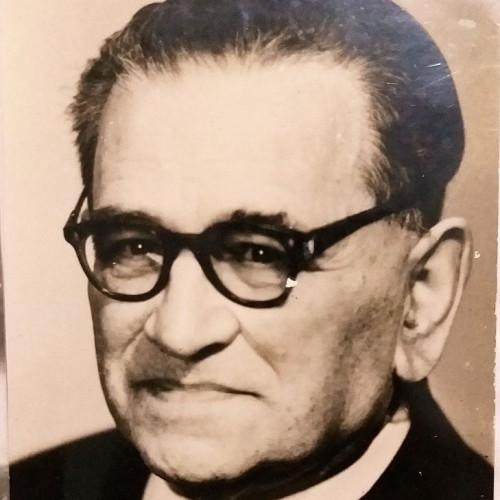prof. Władysław Konopczyński (1880—1952) - Instytut Pileckiego
prof. Władysław Konopczyński (1880—1952)
Awarded in 2019.
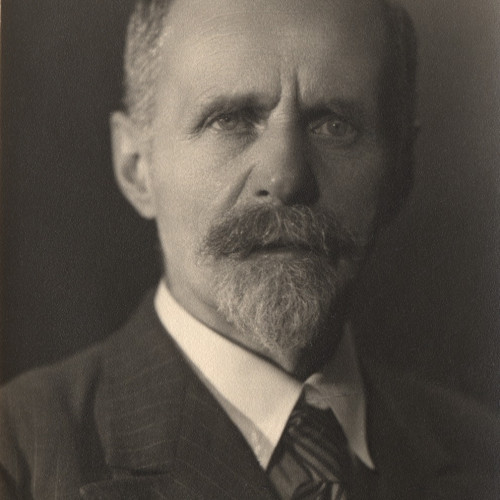
After the Warsaw Uprising, among the crowds expelled from the burning city were the family of a Polish-Jewish historian, Ludwik Widerszal. Konopczyński offered shelter in Młynik until the end of the war.
Before the Second World War, Władysław Konopczyński lectured at the Jagiellonian University. A prominent historian specializing in the modern period, author of Polski Słownik Biograficzny [Polish Biographical Dictionary], and MP of the Polish Parliament (I term), he was arrested on 6 November 1939 during the Intelligenzaktion — a German operation aimed at killing the Polish intelligentsia. He was imprisoned in Kraków, then Wrocław, and finally KL Sachsenhausen until February 1940. Released from the camp, he engaged in clandestine teaching. His family’s difficult financial situation in occupied Kraków caused him to spend much of his time on the estate in Młynik near Ojców.
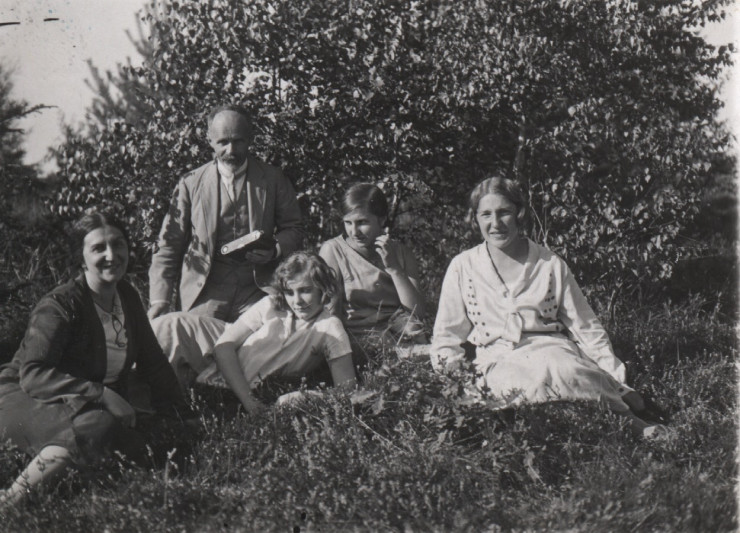
In 1948, the communist authorities removed Konopczyński from the Jagiellonian University and a year later forced him to resign as the chief editor of Polski Słownik Biograficzny.
fot. Jan Mrozowski’s private collection
See also
- Petro Bazeluk (1903–1949)

awarded
Petro Bazeluk (1903–1949)
Mykola Bazeluk said that there was no difference between who was a Pole and who was a Ukrainian in Volhynia before the war. That all changed in 1943, when, as he put it, “Brother turned on brother.”
- Julien Bryan

awarded
Julien Bryan
(1899–1974)On 16 September 1939, the Polish Radio broadcast the following appeal: “President Roosevelt and the people of America! I speak from the besieged city of Warsaw, Poland. My name is Bryan – Julien Bryan, American photographer.
- Pedro Correia Marques

awarded
Pedro Correia Marques
(1890–1972)It began with penning short articles and tidying the editorial office of the “Rosário” monthly, where he had been working since 1909. By the late 1930s, Pedro Correia Marques headed “A Voz,” the most widely read daily newspaper in Portugal.
